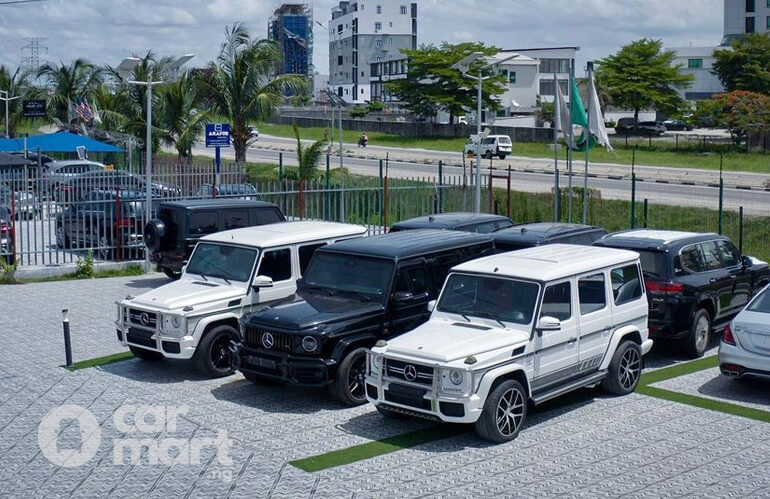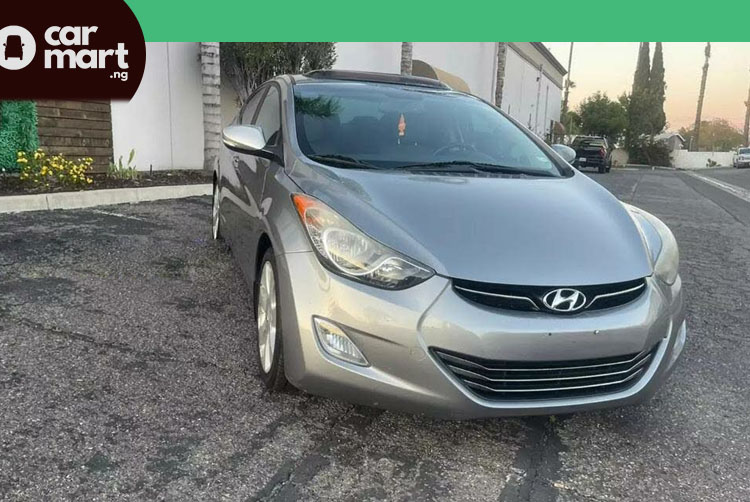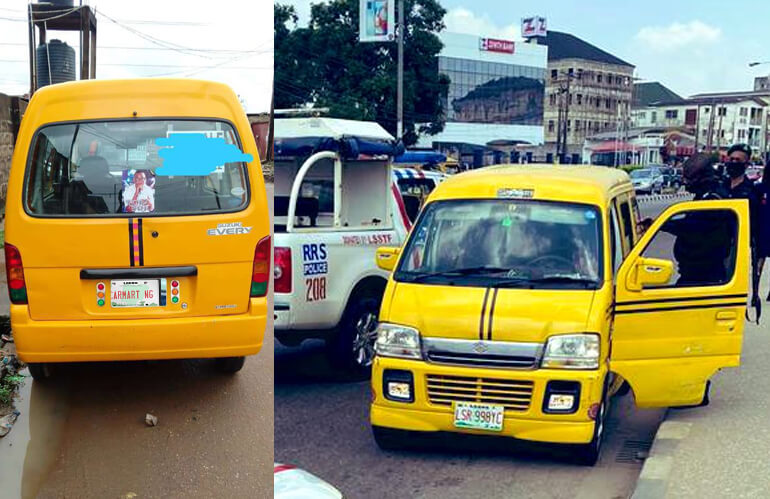The Depreciation of the Nigerian currency has impacted the Nigerian automotive industry. However, it also means that car is becoming incredible investments in Nigeria; whether old or new cars, their prices keep skyrocketing in the Nigerian car market.
Before now, cars were seen as not a great investment option in Nigeria, as their prices declined after a while. The belief was that, instead of yielding a return on investment, a car consumes the owner’s resources in terms of maintenance and other costs of running the car. But the depreciating Naira is turning everything around. Car ownership in Nigeria has become a luxury.
According to reports from Daily Trust, Economists project that the car represents a significant financial outlay that depreciates between 10 and 20 per cent in the first year after leaving the dealership. However, the reverse has become the case in Nigeria, with many old vehicles, especially Toyota brands, now appreciating in value beyond the expectation of the owners.
Toyota is mainly the most popular brand in Nigeria. Its fuel economy is top-notch and sold in every corner of Nigeria. The fairly used (Tokunbo) segment is about the most popular, followed by the Nigerian used segment, which still has a high market value.
The publication equally notes that this is a direct result of the naira devaluation, which has made the prices of brand-new cars highly expensive, with Nigerians resorting to the fairly used and Nigerian used segments.
Reporting on the depreciation of the Naira, Daily Trust explores the Naira/Dollar exchange from 2011 till date, noting that the exchange rate went from N151 and N165 to a dollar in 2011, to N461 to a dollar at the official exchange market representing over 300 per cent increase despite not being accessible to many dealers and automobile distributors, while the exchange rate is over N760/$ in the parallel market though not recognized by the government.
Looking at the devaluation of the Naira in relation to car prices in Nigeria, Daily Trust notes that the effect of this is better imagined, and for the automotive sector, like others driven by imports, the drastic rise in the prices of vehicles is the resultant effect of naira devaluation. Apart from the brand new market segment, the Tokunbo and the fairly used segments have become unbelievably more profitable for popular brands like Toyota, Honda, and Nissan, among others.
Sighting an instance, the publication looked at the Toyota Camry 1998-1999, which has become a well sought-after Nigerian used vehicle selling for as much as N1.2m to N1.5m depending on the condition. As of 2012 and 2015, the model sold at N500,000 and N600,000.
Speaking to Daily Trust, a car owner, Olayinka David, recalled buying his Toyota Camry 1998 for N350,000 in 2010 and selling it for N800,000 in 2021. Checks in most states, especially in Lagos, indicate that the old Toyota brands are still very much sought after by those who cannot afford brand-new vehicles. And the most sought-after nowadays are the 2000s models, including 2003, 2004, and 2005 models used for ride-hailing services like Uber, Bolt, and InDrive, among others.
Today, the Tokunbo-used 2005 Toyota Corolla model, which sold for N1m to N1,200,000 three years ago, now goes for about N1.8 to N2m.
Also in the category are the 2010s, 2011s, and 2012 models, which have equally appreciated significantly. These categories for the Tokunbo segment sold between N3.6m and N4.5m about two years ago but now sell for N4.5m and N6m. Several other Toyota brands have equally recorded an appreciable rise in value.
The Toyota car brands are not the only ones that have experienced an increase in price as other brands like the Honda, Hyundai, and Lexus, among other popular brands, have all witnessed drastic rises in value, which gives the owners confidence in getting value for the vehicles anytime they decide to sell.
A brand new Honda CRV 2022 sold for N17m last year costs as much as N25m at the moment. Also, a car owner who bought a foreign used Hyundai Sonata 2018 for N9.2m two years ago was able to sell the same vehicle for N12.8m.
This is how the naira devaluation has turned many people into millionaires and changed the age-long perception of vehicles as depreciable assets.
Looking at the investment potentials of these cars today, Daily Trust asks an interesting question stating: “Should people now invest in vehicles hoping to get returns on investment?” The response is given that under the present exchange rate regime, which is still on the rise, many car owners might be smiling to the banks, but economists say the benefits of such investment might be short-lived.
Speaking to the publication, Dr Austin Nweze noted that investment is about taking a risk, and they cautioned prospective investors in vehicle purchases to be mindful of the risk they are taking.
He told Daily Trust, “Investment is about confidence. It depends on the individual. If you have confidence in the economy that if you buy a car today that the value will appreciate tomorrow, it is all about your confidence; you don’t just follow the herd syndrome, ‘everybody is doing it, you go ahead and do.
“The naira is in a sorry state, no doubt. It is only those who are exporting, those who are bringing in money to invest, that would benefit from the naira devaluation. For instance, if I bring in $1m today, it would go a long way in the kind of investment that I want to do. And if I am exporting some items, the price I get is quite competitive. The naira devaluation is supposed to be an export-oriented strategy.”
According to him, given the devaluation of the naira, any product being imported would mean that those consuming it domestically would pay more. He said this explains why the prices of vehicles are above the ceiling.
But he cautioned that it could be risky if the naira should appreciate and the dollar depreciates. “Whatever you want to buy now, buy. If it is for domestic consumption, buy. But again, it is a risk, and you consider the opportunity cost.”
However, experts in the Nigerian automotive industry have cautioned that this applies only to a few brands of vehicles that have an upscale resale value, like Toyota, Honda, and Nissan.







